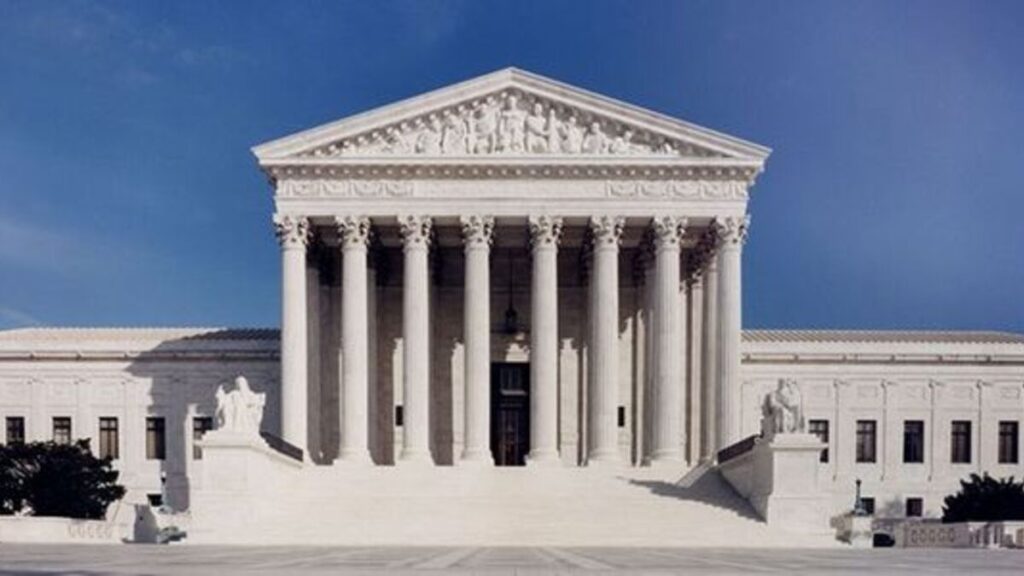The Supreme Court had issued a warning to all American citizens about the misuse of their legal processes. The warning was to individuals and organizations who were filing lawsuits repeatedly without paying filing fees.
On Monday, June 10, 2024, the Supreme Court released an order list informing three petitioners that their application for a hearing was denied. The justices said that the petitioners had filed their motion without paying the necessary fees involved.
The court had cited the case of Martin v. District of Columbia Court of Appeals in its denial of their petitions. The court had instructed the clerk against accepting any appeal from the petitions in civil cases as a result of the repeated misuse of its process. However, the court would only consider a motion from them if they followed the normal procedure.
Consequently, the petitioner must pay the required docketing fee per Rule 38(a) and ensure it is filed in compliance with Rule 33.1. During the Supreme Court term of 2023–2024, around 29 different cautions have been issued by the court. The three petitioners that the court issued a warning to have been identified as a Louisiana prisoner, a federal prisoner, and a hospital employee.
ALSO READ: Supreme Court Deletes Opinion on Abortion Case After Accidentally Posting It Online
According to reports, the Department of Veterans Affairs employs all three individuals.. The court had ordered that they pay its $300 fee along with submitting their petition in document format.
Speaking on the Supreme Court directive is Alex Badas, an associate professor at the University of Houston. Badas, who majored in judicial politics, said that the individuals file their petition under forma pauperis. Forma pauperis is a legal doctrine that enables a person to seek an appeal without paying the necessary filing fees.
POLL—Should the Government Increase Taxes on the Wealthy To Reduce Economic Inequality?
According to Badas, while people are allowed to bring petitions under forma pauperis they are not to abuse them. This means every person who files under the doctrine must ensure that they do not repeatedly file bad faith lawsuits. If a person is found in breach of it, while he can still file petitions, he would no longer be able to do it for free.
In 1992, the Supreme Court decided that James Martin could no longer file another civil petition using the doctrine. Martin was found guilty of misusing the doctrine and filing several non-criminal lawsuits. He was banned from further use as the court decided he had filed several repetitious and frivolous petitions. Consequently, he prevented the Supreme Court from sharing its resources to important cases.
WATCH: These Are the Least Welcoming Cities in the U.S.
Badas said that because certain individuals could not afford to pay the filing fee and had cases that were in the interest of justice. In essence, it’s a means by which the Court may stop these people from coming back again and again with bad faith claims.
The Supreme Court still needs to rule on several significant cases before the end of the term, including one that challenges the legality of the abortion pill mifepristone and another that asks whether former President Donald Trump’s actions while in office are exempt from criminal prosecution.
You Might Also Like:
Amazon Slashes Grocery Prices to Win Back Customers
Chloë Bailey Reveals She Has Ended Her Vegan Diet After 11 Years
Officials Arrest Tourist For Carving Name Into Ancient Ruins From Pompeii
Company Recalls Hundreds of Canned Coffee Over Rare, Deadly Toxin Contamination
Los Angeles Mayor Makes Shocking Reversal, Moves to Ban Masks at Protests
